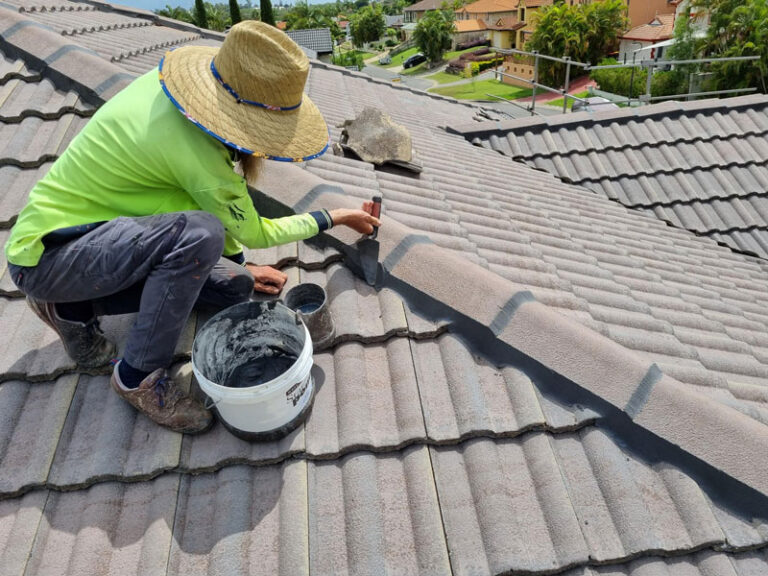Understanding what a private company is truly worth is rarely straightforward. Unlike publicly traded businesses, private companies do not have a daily share price reflecting market sentiment. Their value must be carefully assessed using financial analysis, industry benchmarks, and informed judgement. Private company valuation services provide the structured expertise required to determine a fair and defensible estimate of business worth.
Valuation is often required at pivotal moments in a company’s lifecycle. Business owners may seek a valuation when planning to sell, attract investors, restructure ownership, secure financing, or prepare for succession. Legal situations such as shareholder disputes, divorce proceedings, or estate settlements may also require an independent valuation. In each scenario, the objective remains the same: to produce a credible assessment grounded in recognised financial methodologies.
Professional valuation services rely on established approaches to determine value. The income approach focuses on a company’s ability to generate future earnings, often using discounted cash flow models to estimate the present value of projected profits. This method requires careful forecasting and realistic assumptions about growth, risk, and market conditions. For companies with consistent revenue streams, it can provide a detailed picture of long-term earning potential.
The market approach compares the subject company with similar businesses that have been sold or publicly traded. By examining valuation multiples such as price-to-earnings or revenue-based ratios, analysts estimate value relative to market benchmarks. This method depends heavily on reliable transaction data and appropriate comparables within the same industry and scale.
The asset-based approach, meanwhile, calculates value based on the net worth of a company’s assets minus liabilities. This approach is particularly relevant for asset-intensive businesses or those with limited profitability. It accounts for tangible assets such as property, equipment, and inventory, and may also consider intangible assets like intellectual property or brand recognition.
Private company valuation services go beyond applying formulas. Analysts examine financial statements, revenue stability, customer concentration, competitive positioning, and industry trends. They assess management strength, operational risks, regulatory factors, and economic conditions. Each of these elements influences perceived risk and therefore impacts overall valuation.
Objectivity is central to credible valuation. Because private companies often involve personal relationships, family ownership, or closely held shares, emotions can influence perceived worth. Independent valuation professionals provide a neutral perspective, ensuring that conclusions are based on data and recognised standards rather than subjective expectations.
Regulatory and accounting frameworks also play a role. Valuations prepared for tax reporting, financial reporting, or legal proceedings must comply with relevant guidelines. Depending on jurisdiction, this may include adherence to international valuation standards or national accounting principles. Professional firms understand these requirements and structure reports accordingly.
Transparency in methodology and documentation is essential. A well-prepared valuation report explains assumptions, outlines calculation methods, and presents supporting evidence clearly. This transparency builds trust among stakeholders, investors, lenders, or legal representatives who rely on the findings.
Timing and market conditions can significantly influence valuation outcomes. Economic cycles, interest rates, and sector-specific trends affect risk perceptions and earnings expectations. A valuation prepared during a growth phase may differ substantially from one conducted during economic uncertainty. Regular updates may therefore be advisable for businesses planning long-term strategies.
Confidentiality is another critical component. Private companies often handle sensitive financial information that must be protected. Reputable valuation service providers maintain strict confidentiality protocols to safeguard client data.
Ultimately, private company valuation services provide more than a number. They deliver insight into a company’s financial health, growth prospects, and competitive standing. Whether supporting strategic planning, facilitating transactions, or resolving disputes, a professionally prepared valuation creates clarity where uncertainty might otherwise prevail. In an environment where informed decisions depend on accurate information, understanding true business value is an essential step toward confident action.











